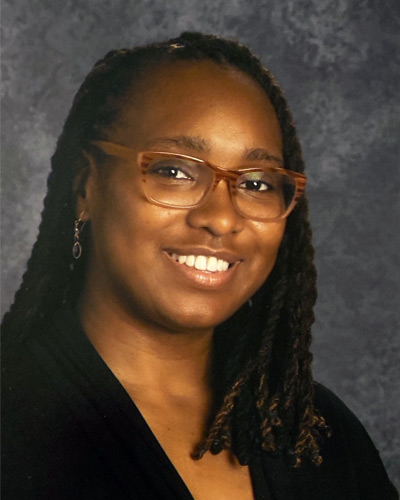Karla Chester-Kerr, EdS '21
Educational Specialist in School Psychology
July 29, 2021What inspired you to pursue a career in school psychology?
As a former teacher and current school counselor, I feel that my progression into
the field of school psychology was almost a natural progression on the educational continuum. I have always enjoyed
working and advocating for students within school settings. As a counselor, we are
frequently the liaison between the school, home and the community. We are often called
upon to participate in meetings for a student’s individualized education plan. For
this reason, I wanted to gain a better understanding of the similarities and differences
of the roles of school psychologists and school counselors.
Why did you choose PCOM for your graduate education?
I chose PCOM for its reputation of having a strong school psychology program and its location.
What accomplishment are you most proud of during your life or your time at PCOM?
At this time, I am blessed to have received the stamina to work full-time as a school
counselor with a 650+ caseload, be a mother, wife, student and graduate. These last
few years have been very mentally draining as there were many days where I wanted
to quit because my plate was overflowing, but I am thankful for the support and encouragement
of my PCOM instructors and family.
What impact do you hope to have after graduation?
Post-graduation, I look forward to continuing working with students as an advocate
for more culturally diverse representation in our school professionals and stopping
the over-identification of Black and Brown males in special education. I am looking
forward to pursuing a career as a school psychologist.
What advice would you give to a graduate student that is starting their journey?
My advice to a student who is just starting their journey is to allow yourself time
for self-care. Going to school as a nontraditional student with "grown-up" responsibilities
is a juggling act that requires planning, patience, organization, support and prayer.
People are willing to help you achieve this goal, but you have to be willing to ask
and accept the help offered.

 What inspired you to pursue a career in school psychology?
What inspired you to pursue a career in school psychology?